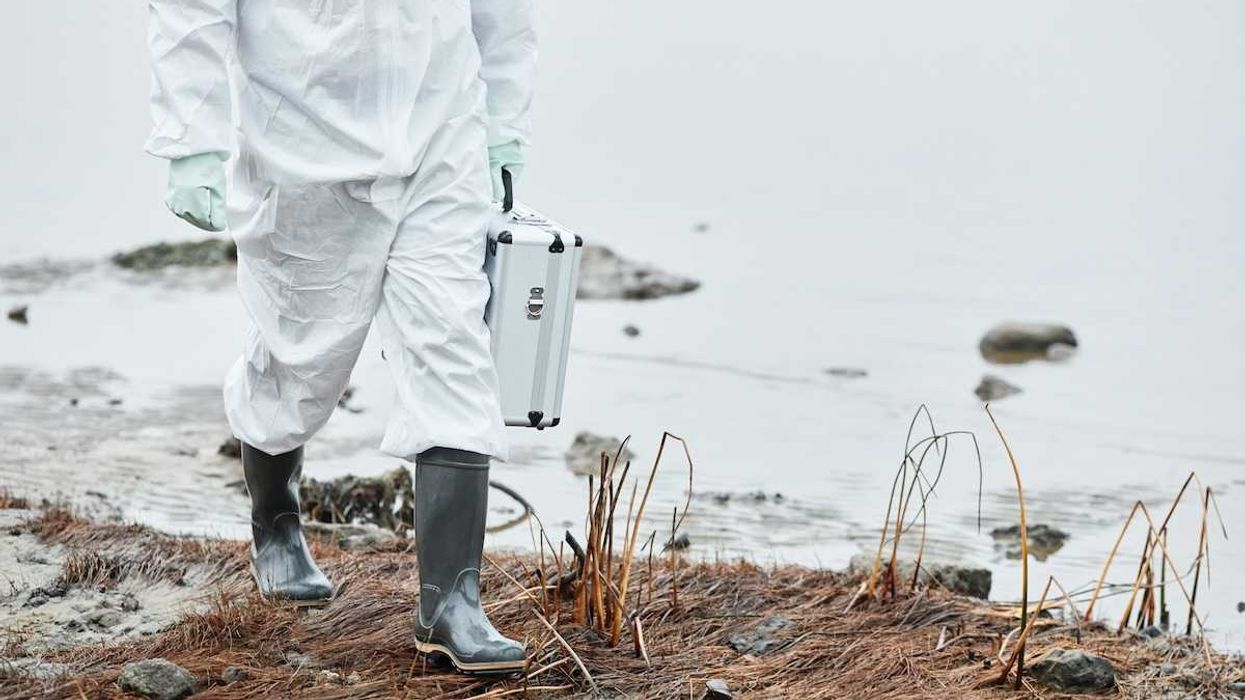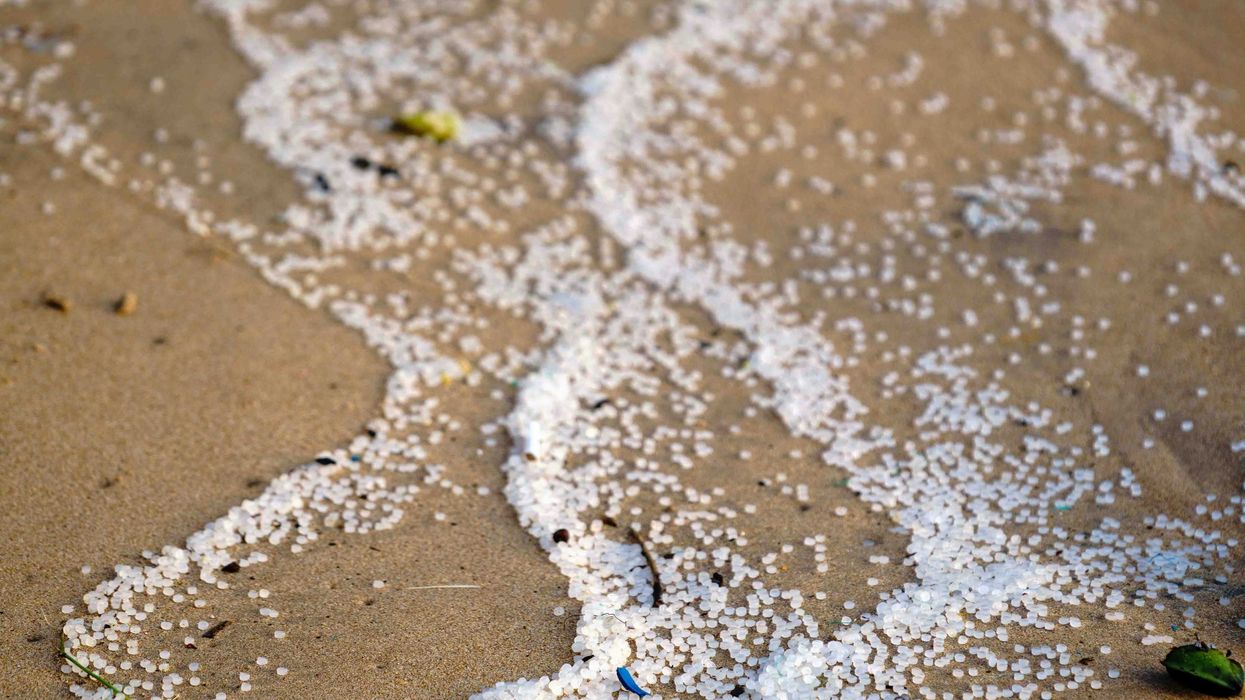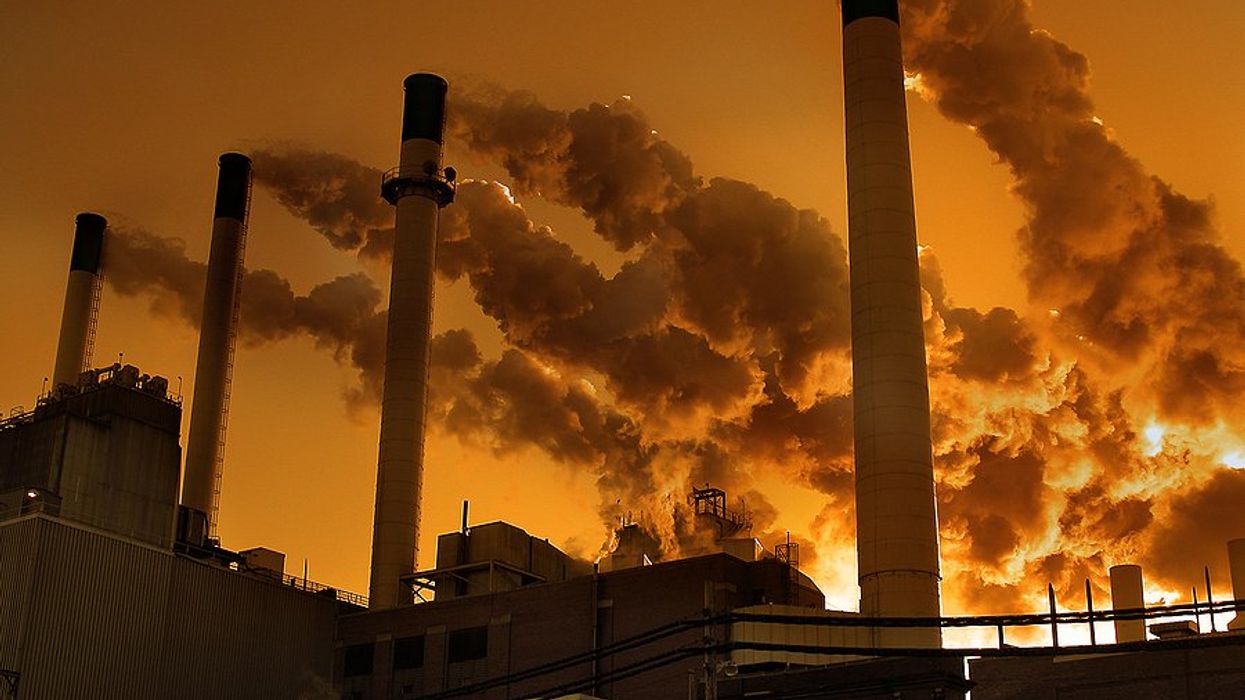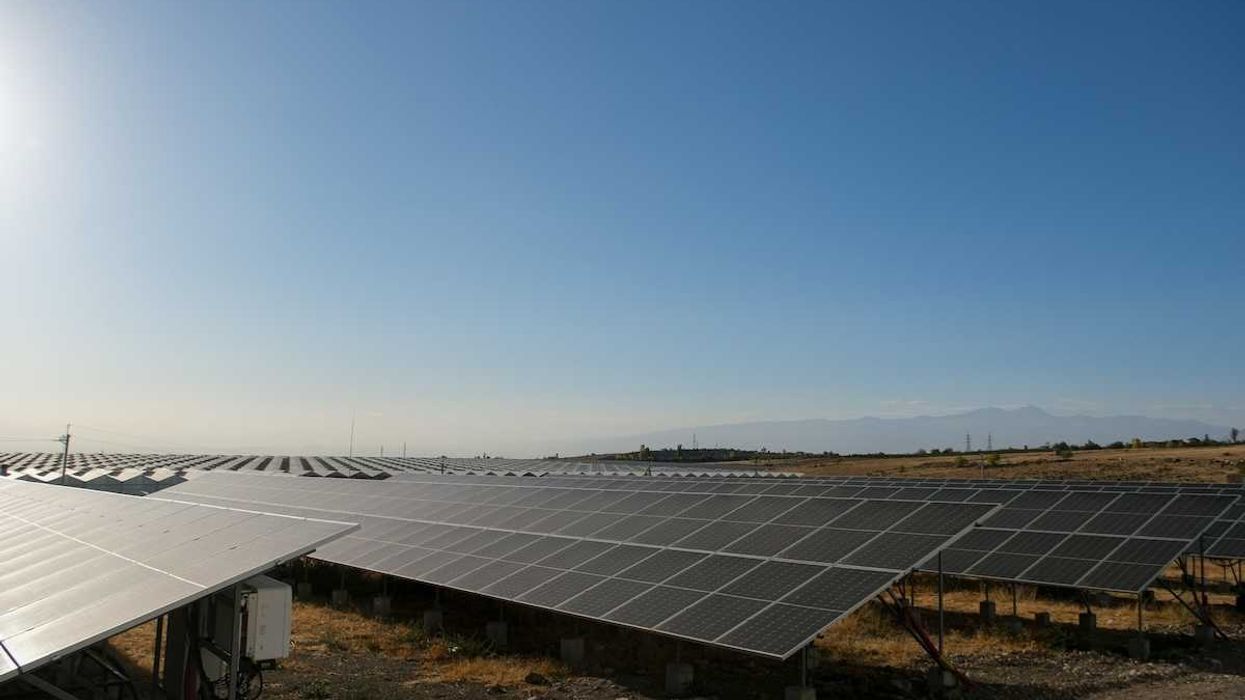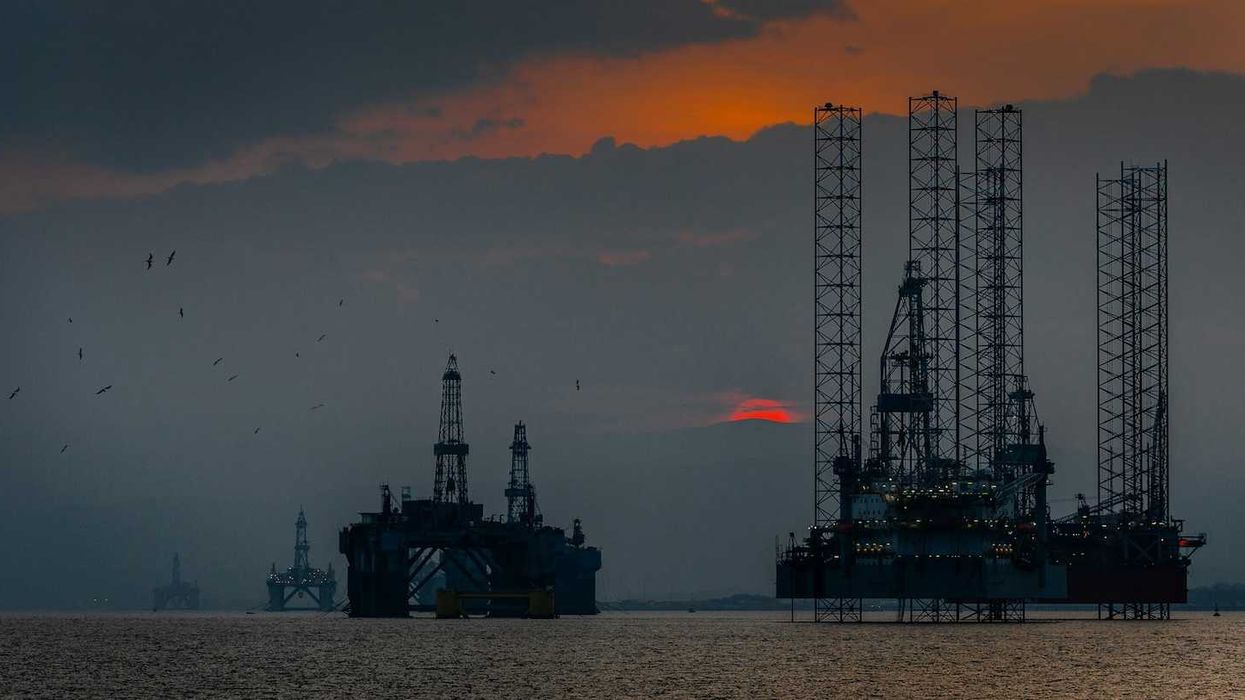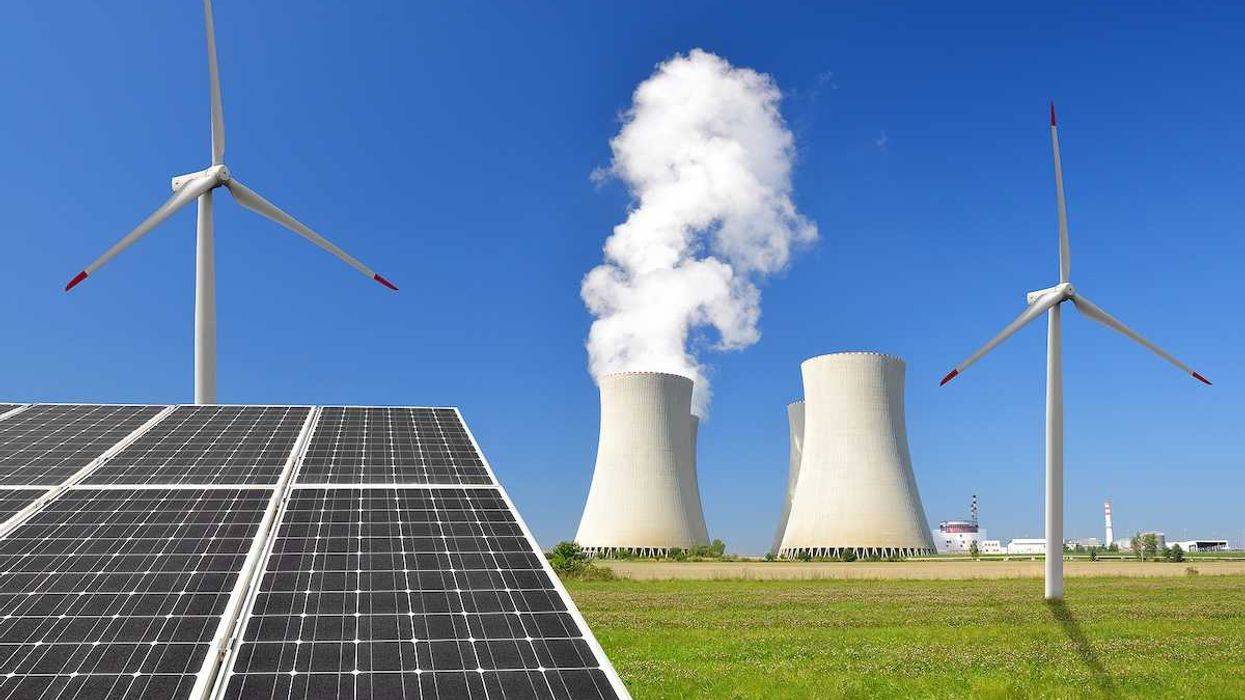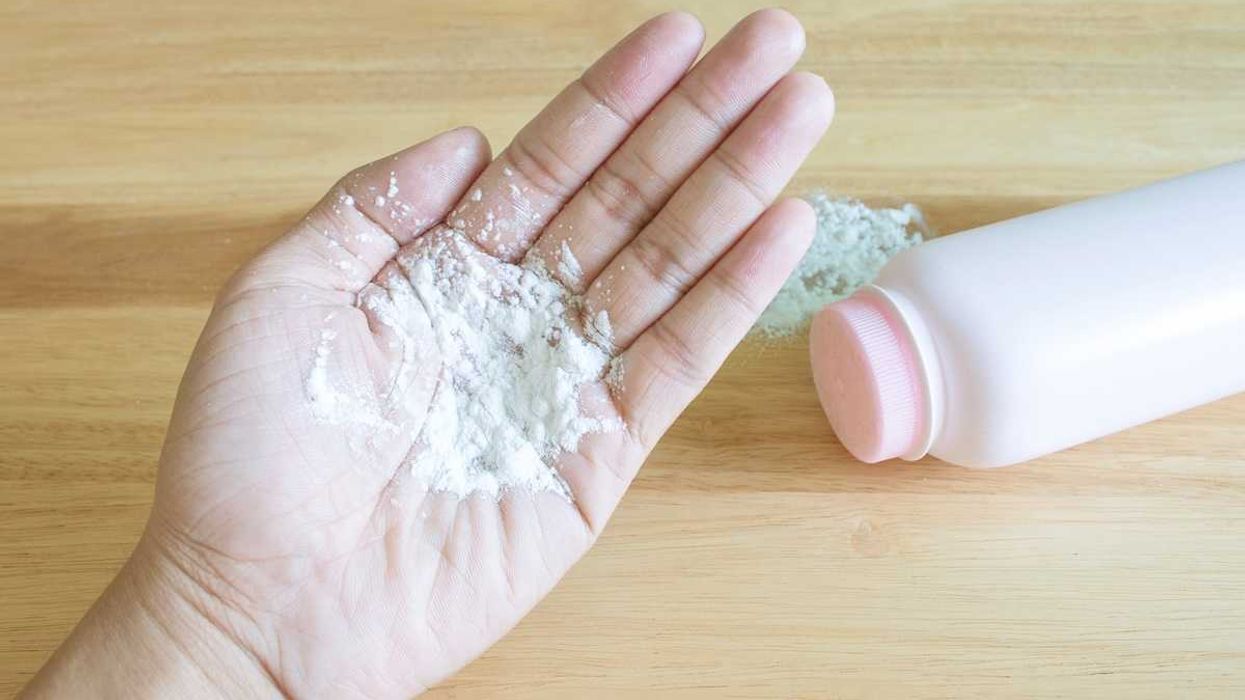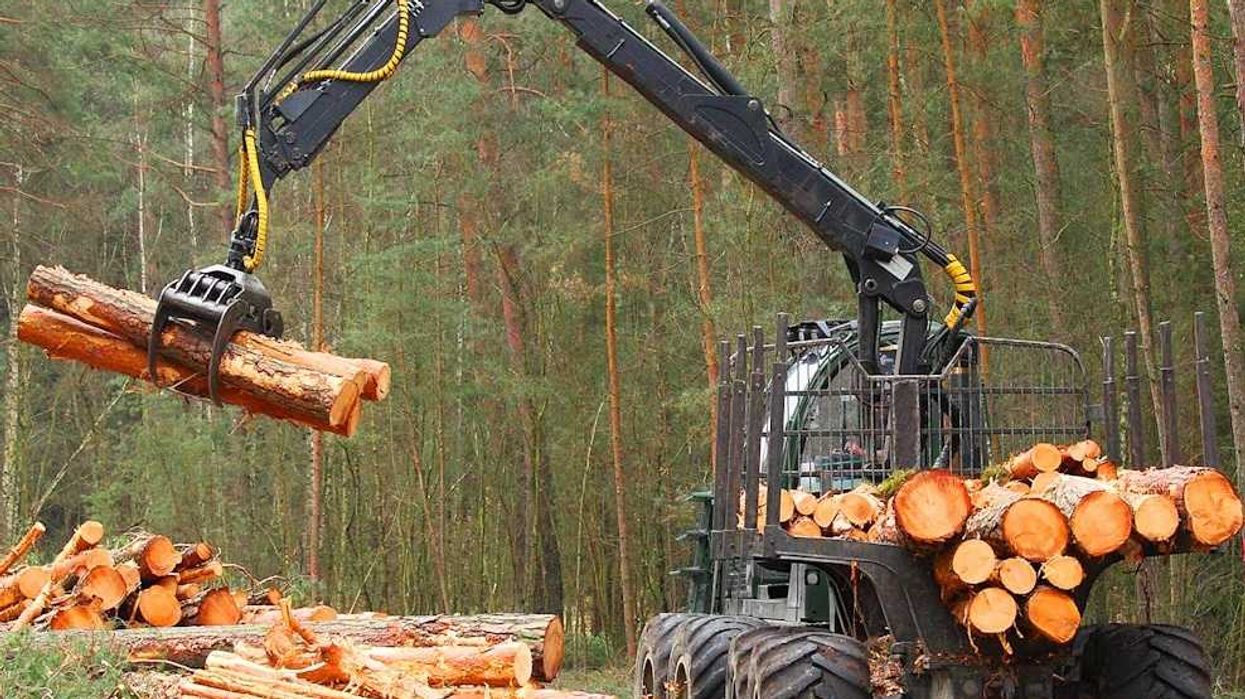A fire at California's Moss Landing Energy Storage Facility exposed risks tied to lithium-ion battery storage, sparking debates over its role in the clean energy transition.
Dan Gearino reports for Inside Climate News.
In short:
- A fire broke out at the Moss Landing facility, one of the world's largest energy storage sites, leading to evacuations and road closures.
- The plant’s design, featuring indoor lithium-ion batteries with nickel manganese cobalt chemistry, may have worsened the fire’s impact due to higher flammability and heat risks.
- Experts are calling for improved safety measures, such as stricter codes for indoor storage and wider use of safer battery chemistries like lithium iron phosphate.
Key quote:
“This is really a Three Mile Island event for this industry.”
— Glenn Church, Monterey County supervisor
Why this matters:
The rapid growth of renewable energy has brought energy storage technologies, particularly batteries, into the spotlight as essential tools to balance power supply and demand. Lithium-ion batteries, the industry standard, have fueled much of this expansion thanks to their high energy density and efficiency. But they also carry risks — thermal runaway, the process by which batteries overheat and catch fire, is a persistent problem. Such incidents, while rare, can have devastating consequences, especially in densely populated areas. Fires in large-scale energy storage facilities have made headlines, prompting calls for improved oversight and design changes to prevent future disasters.



